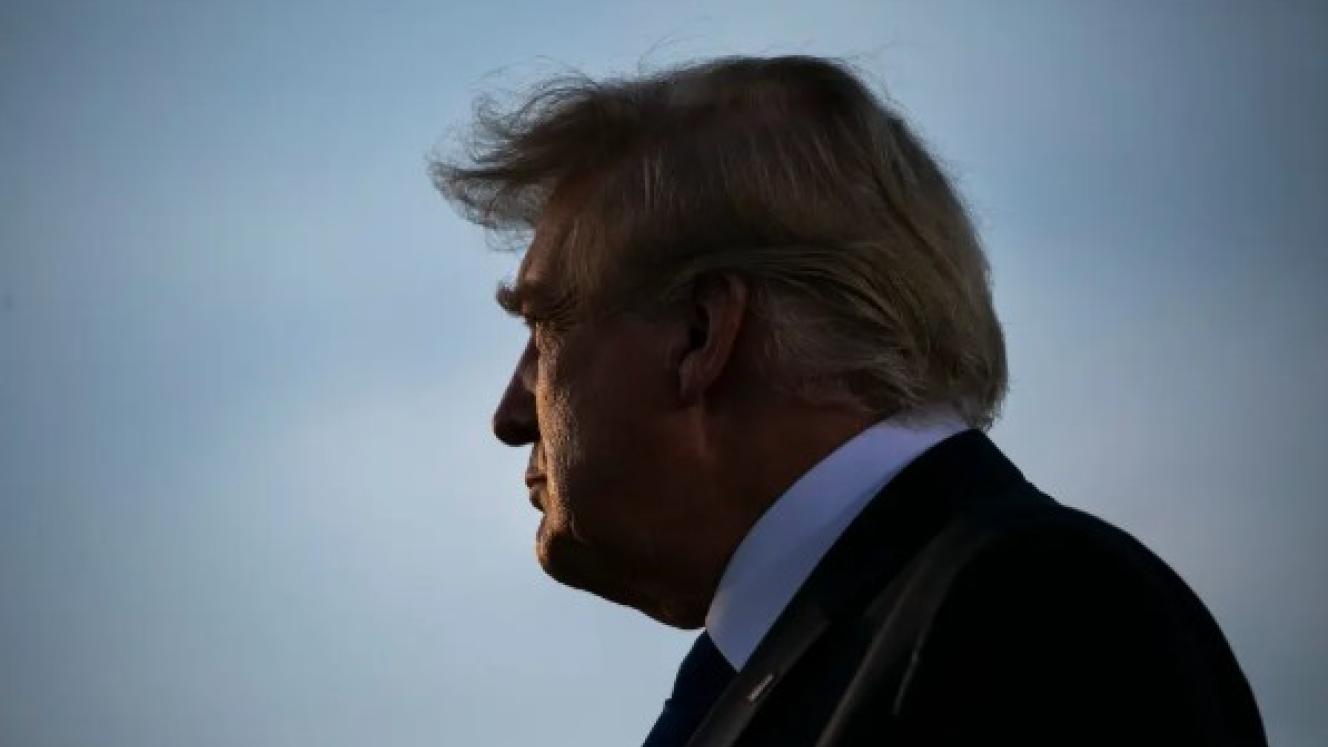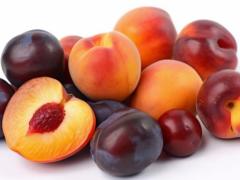Wheat and wheaten
flour tariff
On 3 November the South
African Revenue Service
(Sars) announced an increase
in all the rates of customs
duty on wheat and wheaten
flour, classifiable in tariff
subheadings 1001.91, 1001.99,
1101.00.10 and 1101.00.90 to
the Customs and Excise Act,
1964. For the first two tariff
subheadings from 75.24c/
kg to 91c/kg and for the
latter two from 112.85c/kg to
136.50c/kg.
The reasoning for the
existing variable tariff formula
amendment is contained
in the International Trade
Administration Commission
of South Africa (Itac) Minute
12/2017.
Collectable motor
vehicle control
Sars on 3 November
announced the
insertion of rebate item
460.17/87.03/04.04 to Part
2 of Schedule No 4 to the Act
to create a rebate item for
vintage and/or internationally
collectable motor vehicles
classifiable in tariff heading
87.03 subject to both an
import control and rebate
permit issued by Itac.
The rebate item reads:
“Motor cars and other motor
vehicles principally designed
for the transport of persons
(excluding commercial
vehicles or buses) including
station wagons and racing
cars, classifiable in tariff
subheading 87.03, which
were manufactured 40
years or more prior to the
date of importation and/or
such motor cars of any age
which are determined to
be international collectors’
vehicles by Itac and subject
to the issuing of an Itac
import permit (subject to
import control conditions)
authorising the importation
of the particular vehicle,
under such conditions as Itac
may allow by specific rebate
permit.”
The extent of rebate is the
full customs duty in Part 1
of Schedule No 1 to the Act,
the reasoning for which is
contained in Itac Report
No 558.
EMIA guideline review
Trade and Investment South
Africa (Tisa) has announced
its review of the EMIA
guidelines.
Comment is due by 23
December.
Second CV and TP, WCO
case
The World Customs
Organisation (WCO)
announced the finalisation of
an important new instrument
at the 45th Session of the
technical committee on
customs valuation (CV)
which took place from 23-25
October.
The instrument illustrates
a scenario where Customs has
taken into account transfer
pricing (TP) information in
the course of verifying the
CV. This is the second case
study (the first issued in 2016)
to be issued by the technical
committee on this topic,
based on a submission by the
People’s Republic of China.
The Organisation for
Economic Cooperation and
Development (OECD) has
developed guidelines for
establishing the TP in order
to determine business profit
taxes where businesses are
related.
The new case study
provides an example of
Customs making use of TP
information based on the
resale price method. Customs
concluded that in this
particular case the declared
import price was not settled in
a manner consistent with the
normal pricing practices of the
industry and thus had been
influenced by the relationship
between the buyer and seller.
Therefore, the CV should be
determined by application
of the alternative methods of
appraisement in a sequential
order.
DUTY CALLS
Comments | 0












